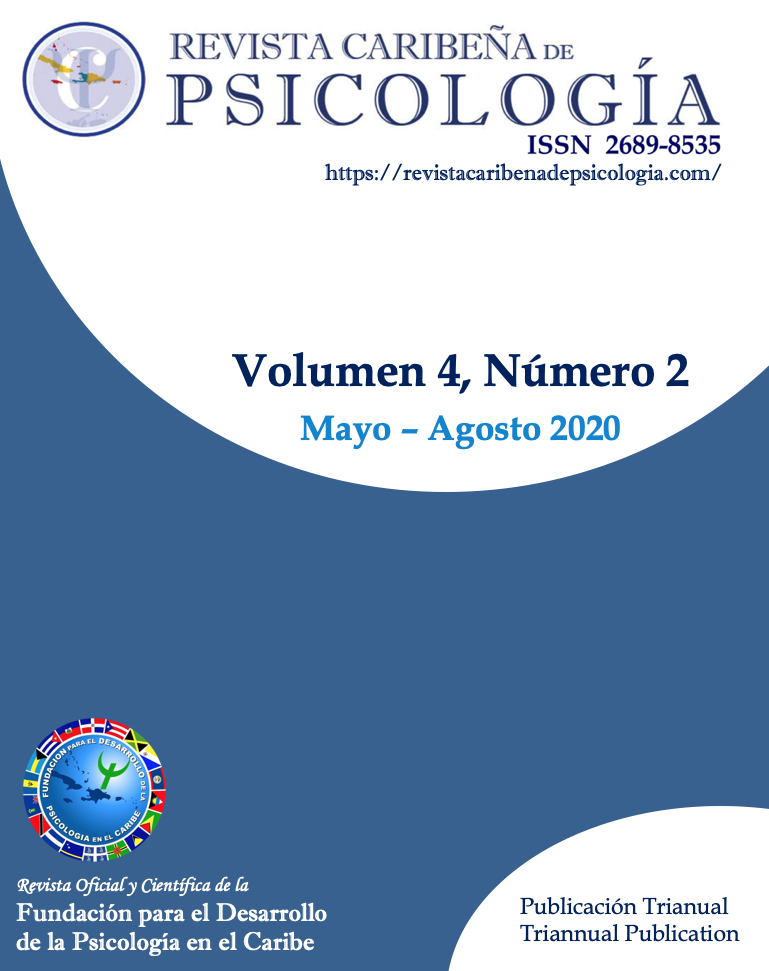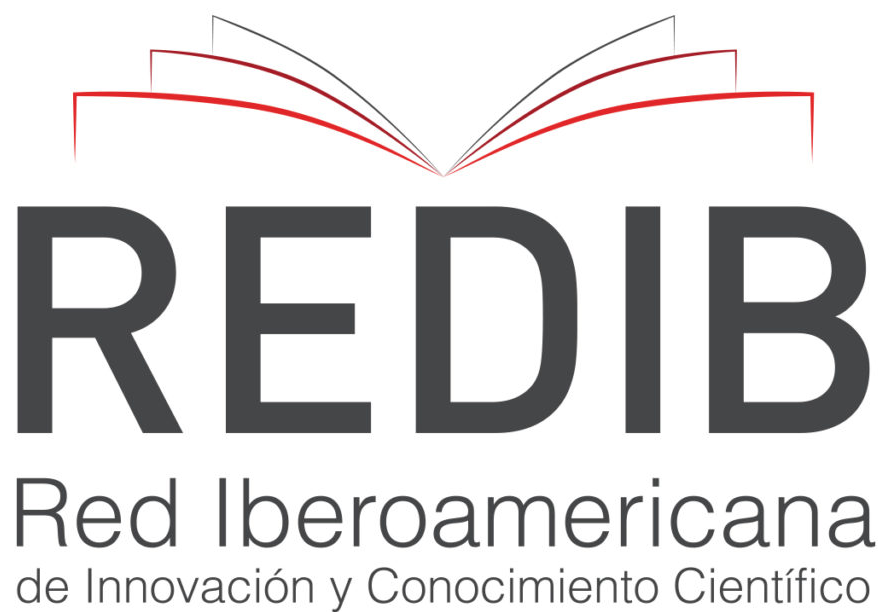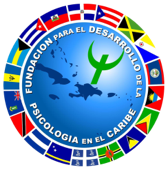Technologic, Academic, and Psychological Demands in University Students during COVID-19 Pandemic
DOI:
https://doi.org/10.37226/rcp.v4i2.4915Keywords:
COVID-19, higher education, online courses, changes in educational modalities, students, universityAbstract
This research examined the technologic, academic, and psychological demands, experimented by a sample of 167 active university students from 17 institutions of higher education in Puerto Rico during may-june of 2020 during the pandemic of COVID-19. The sample was composed mainly by women (81.4%) with ages between 18 to 61 (M = 30.36, DE = 11.46). A cross-sectional non-experimental exploratory-descriptive design was implemented. The principal results show the problems related to stressors for assignments overload, bad implementation of online courses, lack of orientation from their universities, poor flexibility from their professors, among others. These results open the way to study the sudden changes of educational modalities (face-to-face to online) and their impact in students.
References
Area, M., & Adell, J. (2009). e-Learning: Enseñar y aprender en espacios virtuales. En J. De Pablos (Ed.), Tecnología Educativa. La formación del profesorado en la era de Internet (pp. 391-424). Aljibe.
Balluerka-Lasa, N., Gómez-Benito, J., Hidalgo-Montesinos, D., Gorostiaga-Manterola, A., Espada-Sánchez, J. P., Padilla-García, J. L., & Santed-Germán, M. A. (2020). Las consecuen-cias psicológicas de la COVID-19 y el confinamiento: Informe de investigación. Universidad del País Vasco: España. https://www.ub.edu/web/ub/ca/menu_eines/noticies/docs/Consecuencias_psicologicas_COVID-19.pdf
Banco Interamericano de Desarrollo. (2020). La educación en tiempos del coronavirus: Los sistemas educativos de América Latina y el Car-ibe ante COVID-19. División de Educación. https://publications.iadb.org/publications/spanish/document/La-educacion-en-tiempos-del-coronavirus-Los-sistemas-educativos-de-America-Latina-y-el-Caribe-ante-COVID-19.pdf
BBC News Mundo. (2020). Coronavirus: El mapa que muestra el número de infectados y muertos en el mundo por COVID-19. https://www.bbc.com/mundo/noticias-51705060
González-Rivera, J. A., Rosario-Rodríguez, A., & Cruz-Santos, A. (2020). Escala de Ansiedad por Coronavirus: Un nuevo instrumento para medir síntomas de ansiedad asociados al COVID-19. Artículos sometido para publicación.
Hernández-Sampieri, R., & Mendoza, C. P. (2018). Metodología de la investigación: Las rutas cuantitativa, cualitativa y mixta. McGraw-Hill.
Instituto Internacional para la Educación Superior en América Latina y el Caribe. (2020). COVID-19 y educación superior: De los efectos inmediatos al día después. Organización de las Naciones Unidas para la Educación, la Ciencia y la Cultura. http://www.iesalc.unesco.org/wp-content/uploads/2020/05/COVID-19-ES-130520.pdf
Landeta, A. (2007). Buenas Prácticas de e-learning. ANCED.
Lee, S. (2020). Coronavirus Anxiety Scale: A brief mental health screener for COVID-19 related anxiety. Death Studies, 44(7), 1-9. https://doi.org/10.1080/07481187.2020.1748481
Li, Q., Guan, X., Wu, P., Wang, X., Zhou, L., Tong, Y., Ren, R., Leung, K., Lau, E., Wong, J. Y., Xing, X., Xiang, N., Wu, Y., Li, C., Chen, Q., Li, D., Liu, T., Zhao, J., Liu, M., Tu, W., … Feng, Z. (2020). Early Transmission Dynamics in Wuhan, China, of Novel Coronavirus-Infected Pneumonia. The New England journal of medicine, 382(13), 1199–1207. https://doi.org/10.1056/NEJMoa2001316
Mezzadra, F., & Bilbao, R. (2010). Las nuevas tecnologías de la infor-mación y la comunicación en educación: discusiones y opciones de política educativa. Fundación CIPPEC.
Monasterio, D., & Briceño, M. (2020). Educación mediada por las Tecnologías: Un desafío ante la coyuntura del Covid-19. Ob-servador del Conocimiento, 5(1), 136-148. http://www.oncti.gob.ve/ojs/index.php/rev_ODC/article/view/31
Murphy, E., Rodríguez-Manzanares, M. A., & Barbour, M. (2011). Asynchronous and synchronous online teaching: Perspectives of Canadian high school distance education teachers. British Journal of Educational Technology, 42(4), 583-591. https://doi.org/10.1111/j.1467-8535.2010.01112.x
Páez-Barón, E. M., Corredor-Camargo, E. S., & Fonseca-Carreño, J. A. (2015). Evaluación del uso de herramientas sincrónicas y asincrónicas en procesos de formación de las ciencias ag-ropecuarias. Revista Ciencia y Agricultura, 13(1), 77-90. https://dialnet.unirioja.es/descarga/articulo/5560523.pdf
Regmi, K., Jones, L. (2020). A systematic review of the factors -enablers and barriers- affecting e-learning in health sciences education. BMC Medical Education, 20(91), 1-18. https://doi.org/10.1186/s12909-020-02007-6
RISE. (2020). A Survey for Students affected by coronavirus. https://risefree.org/covid-19-help/
Saini, A. (2020). Exploring the potential of digital technology in achiev-ing quality education: Rethinking pedagogy. Poster presented in 14th International Technology, Education and Development Conference; Valencia, Spain.
Sanz, I., Sáinz, J., & Capilla, A. (2020). Efectos de la crisis del corona-virus en la educación. Organización de Estados Iberoamericanos para la Educación, la Ciencia y la Cultura (OEI).
UNESCO. (2019). Rethinking pedagogy: Exploring the potential of digital technology in achieving quality education. Mahatma Gan-dhi Institute of Education for Peace and Sustainable Devel-opment. https://d27gr4uvgxfbqz.cloudfront.net/files%2Fe7f932d8-2379-4e9a-8922-45a2297a6137_Rethinking%20Pedagogy.pdf
UNESCO. (2020, April). 290 million students out of school due to COVID-19: UNESCO releases first global numbers and mobi-lizes response. https://en.unesco.org/news/290-million-students-out-school-due-covid-19-unesco-releases-first-global-numbers-and-mobilizes
Uprichard, K. (2020). E-learning in a new era: enablers and barri-ers to its implementation in nursing. British Journal of Commu-nity Nursing, 25(6), 272-275. http://doi.org/10.12968/bjcn.2020.25.6.272
Wang, W., Xu,Y., Gao, R., Lu, R., Han, K., Wu, G., & Tan, W. De-tection of SARS-CoV-2 in different types of clinical speci-mens. JAMA, 323(18), 1843–1844. http://jamanetwork.com/article.aspx?doi=10.1001/jama.2020.3786
Wang Y., Zhang D., Du G., Du R.,Zhao J., Jin Y., Fu S., Gao L., Cheng Z.,Lu Q., Hu Y., Luo G., Wang K., Lu Y., Li H., Wang S., Ruan S.,Yang C., Mei C., Wang Y., Ding D., Wu F., Tang X., Ye X., Ye Y., Liu B., Yang J., Yin W., Wang A., Fan G., Zhou F., Liu Z., Gu X., Xu J., Shang L., Zhang Y., Cao L., Guo T., Wan Y, Qin H., Jiang Y., Jaki T., Hayden F., Horby P., Bin Cao B., & Chen Wang. (2020). Remdesivir in adults with severe COVID-19: A randomised, double-blind, placebo-controlled, multicentre trial. The Lancet, 395 (10236), 1569-1578. https://doi.org/10.1016/S0140-6736(20)31022-9
Yin, Y., & Wunderink, R. G. (2018). MERS, SARS and other coro-naviruses as causes of pneumonia. Respirology (Carlton, Vic.), 23(2), 130–137. https://doi.org/10.1111/resp.13196
Published
How to Cite
Issue
Section
License
Copyright (c) 2020 Adam Rosario-Rodríguez, Juan Aníbal González-Rivera, Andrés Cruz-Santos, Luismiguel Rodríguez-Ríos

This work is licensed under a Creative Commons Attribution 4.0 International License.







